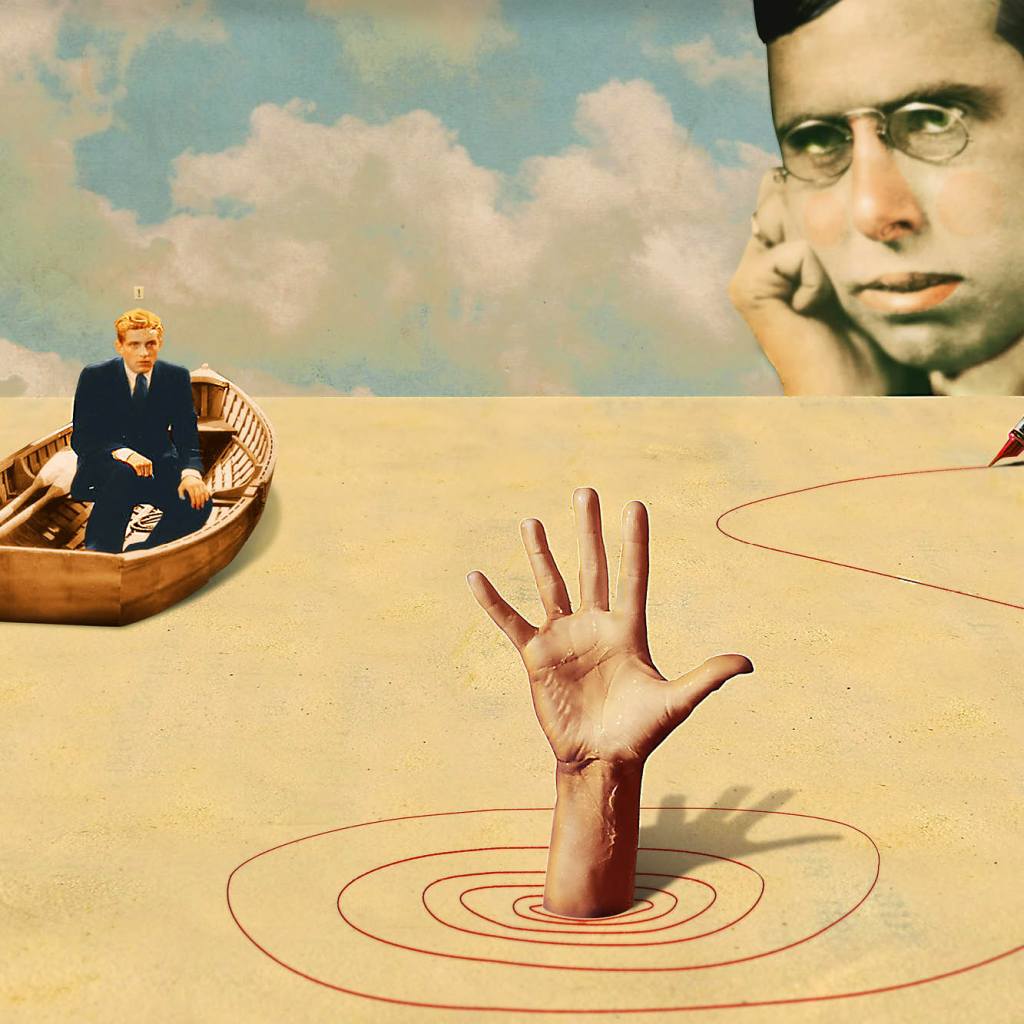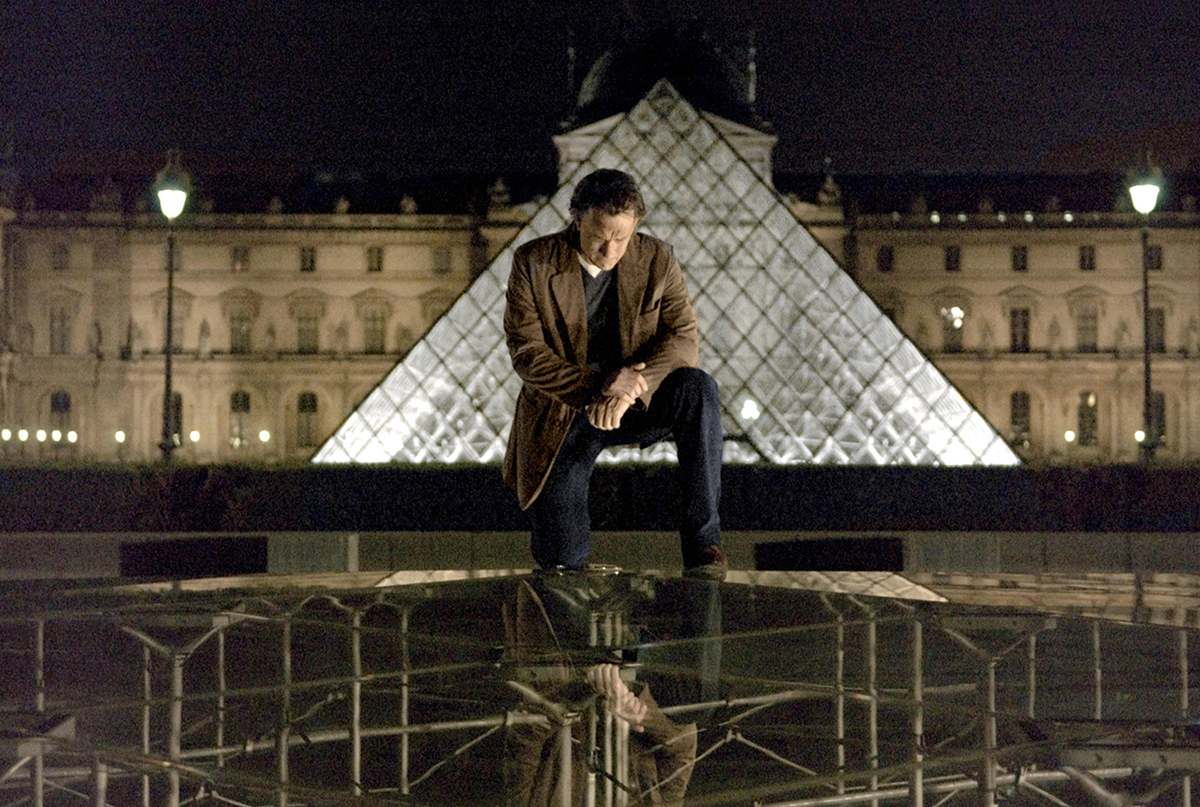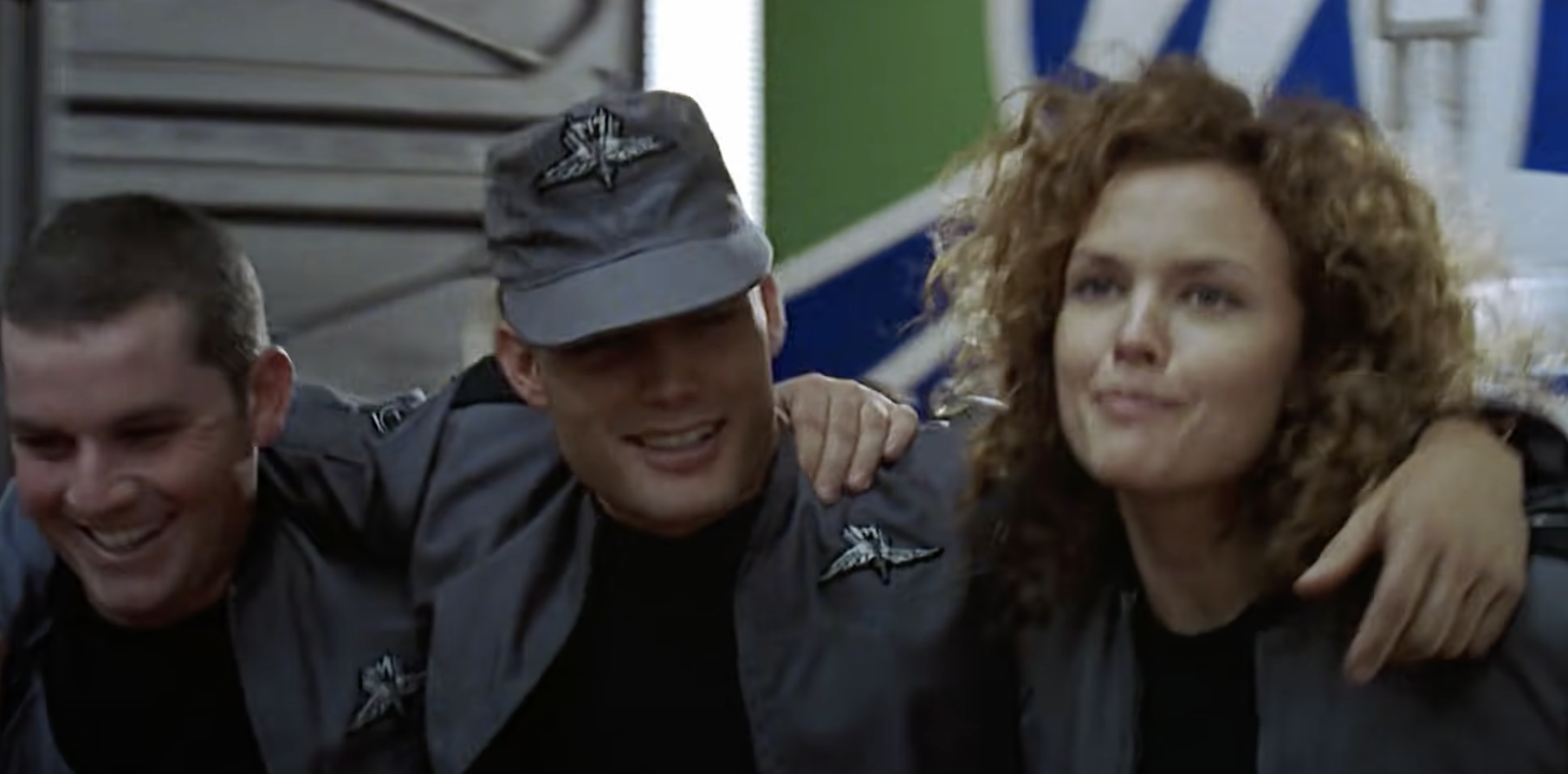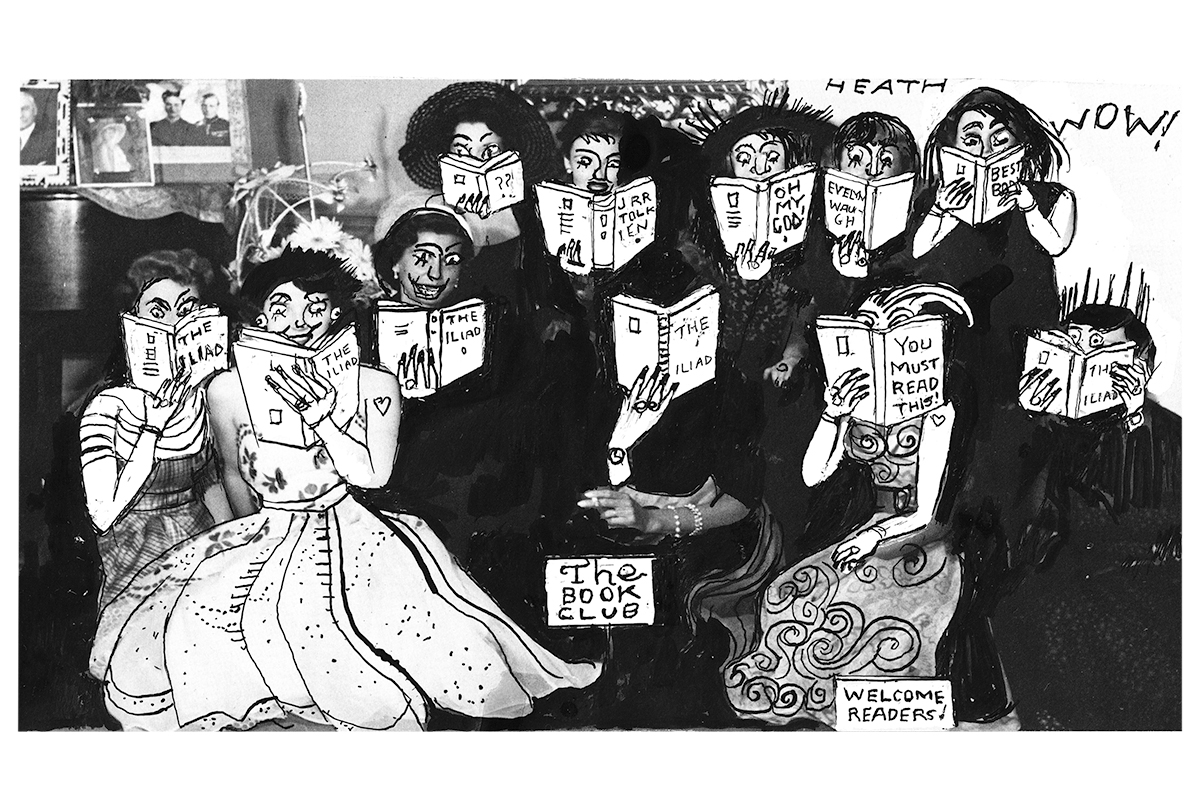The high-water mark of the American naturalist novel lasted for about forty years — the period bookended by Frank Norris’s 1899 McTeague and John Steinbeck’s 1939 The Grapes of Wrath, taking in along the way such highlights of the form as Upton Sinclair’s 1906 The Jungle, Sinclair Lewis’s 1920 Main Street and James T. Farrell’s Studs Lonigan trilogy of 1932-35. But these are all subsidiary crags on the path to Mount Olympus, for the novel that towers above them all and draws each of them — to mix the metaphor a little — into its remorseless slipstream is Theodore Dreiser’s 1925 An American Tragedy.
George Orwell once confessed that as a young man he “wanted to write enormous naturalistic novels with unhappy endings, full of detailed descriptions and arresting similes, and also full of purple passages in which words were used partly for the sake of their sound.” It is not quite certain when Orwell came across Dreiser’s masterpiece — he refers to it in a newspaper article of 1945 and it turns up in a reading list compiled at the very end of his life — but An American Tragedy might have been expressly written with him in mind; at any rate, the terrific sense of fatalism that sends Dreiser’s young anti-hero to the chair would, you imagine, have been very much to Orwell’s taste.
Determinism hangs over most naturalist novels — here defined as “subject to the working out of vast, impersonal, natural forces” — like a whiff of ammonia, but there is something particularly dreadful about Dreiser’s attitude to “fate.” Like Jack London, in whose stories the rescue boat bent on saving the starving mariners always arrives five minutes after the cabin boy’s throat has been cut, he specializes in grotesque accidents and spectacular pieces of misfortune that leave his characters lying helpless in the dirt with no chance of being redeemed — runs of bad luck that are all the harder to swallow because of the well-nigh incidental way in which they come about.
This casual attitude to his characters’ destinies is an important part of Dreiser’s appeal, for it separates him from most of the other novelists who at one time or another have been filed as “naturalists.” Tess in Hardy’s Tess of the D’Urbervilles is a cosmic pawn toyed with by the President of the Immortals; the Joads in The Grapes of Wrath are scurrying ants, urged on by almost biological impulses as they head to destitution in the California orange groves; the figures in Anthony Powell’s A Dance to the Music of Time are fragments of a complicated mosaic they cannot yet understand, and perhaps never do. Dreiser’s characters, on the other hand, are both less figurative and more ordinary, pieces of human flotsam perilously adrift on the tides of machine-age America, ever more likely to be blown away once the wind gets up.
The urban setting in which the characteristic Dreiser novel takes place — 1900’s Sister Carrie, his first book, is set half in Chicago and half in New York — is intimately connected to the kind of effects he manages to bring off. Dreiser wrote at a time when the consequences of US industrialization were first becoming apparent to its citizenry, when robber-baron capitalists were making fortunes out of cotton and textiles, when the big eastern megalopolises were growing so rapidly that it was sometimes impossible for municipal planners to keep track of their dimensions, and when the small-scale, familiar life of the town was being replaced by the bustling, impersonal existence of the city.
All this meant that the world through which the average Dreiser character tries to make headway engages him in a savage Darwinian struggle — the resourceful rise to the top and the feeble are left sprawling by the wayside. The difficulties faced by An American Tragedy’s anti-hero Clyde Griffiths are several degrees worse. Clyde has ambition without the personal resonance to make it count or the single-mindedness to avoid the snares and pitfalls that lie in wait. Sensitive and self-pitying, well-meaning but weak-minded, absorbed by tantalizing vistas of the good life glimpsed on movie screens and through the swing-doors of expensive hotels, Clyde is heading for a fall from the moment we first encounter him on a Kansas City street corner.
The Griffiths are a family of itinerant missionaries, pious and ground-down, living in cheap accommodation and permanently hard-up, although there is talk of a wealthy uncle who owns a collar-manufacturing concern in Upstate New York. Seeking to better himself, Clyde secures a job as a hotel bellhop, only to find his plans for advancement thrown into jeopardy when, coming back from a pleasure trip with his fellow-workers, the car in which they are traveling kills a child in a hit-and-run accident. Several anonymous years of re-establishing himself end when the famous uncle appears in the Chicago gentleman’s club where Clyde has come to rest. Introducing himself, and making a favorable impression, Clyde is invited to head out east.
In an ideal world, Clyde would live modestly, behave decently, apply himself to the factory supervisor’s job which he is eventually offered and marry someone from his own humble station. But this is Planet Dreiser, and Uncle Samuel, while making it clear to his nephew that no favors will be done, has shown him a taste of the dazzling upper-class life of Lycurgus, New York, which is impossible to resist. Clyde, having first illicitly involved himself with his meek-mannered colleague Roberta, is taken up by a glamorous society girl. All of which would be just fine, did it not coincide with news of Roberta’s pregnancy.
To say that you can guess the rest is to ignore the extraordinary psychological resources that Dreiser brings to bear on the hapless Clyde over the next few hundred pages as he tries to find a way out of his jam. This is all the more impressive because Dreiser’s literary skills are fairly negligible, not much more in the end than a talent for saturation. Orwell remarked of An American Tragedy that it actually gains something from the clumsy, long-winded manner in which it is written, and the most convincing passages are the long stretches of prose in which Clyde sits and broods about his society honey, the promise of marriage extracted from him by Roberta and the boat trip on the lonely lake which may be the answer to his problems.
Once again that typical Dreiser moment takes center stage — the terrible mischance that scythes down a would-be villain who has finally determined to make amends. Just as Hurstwood, the doomed hotel manager in Sister Carrie, decides to return the money he has stolen only to watch the safe click shut with the notes still in his hand, so Clyde, overcome with remorse, resolves not to consign Roberta to the deep only for her to stumble forward, bang her head and capsize the boat. The passages that follow — Clyde’s owl-haunted late-night journey through the backwoods; his hike to the lakeside camp where his beloved is ensconced, his desperate struggle to keep up appearances and the eventual arrival of the police — are extraordinary pieces of writing which occasionally veer off into a kind of tortured blank verse.
Justice, inevitably, is done in a series of lavishly extended court scenes, rife with class-conscious reportage, but the modern reader will probably be struck by the sheer arbitrariness of the novel’s conception. After all, Clyde is not a deep-dyed villain from Gothic romance but a horribly ordinary homme moyen sensuel caught up in an impasse he can see no way of resolving. There are people in Dreiser’s fiction who succeed: Sister Carrie’s heroine winds up as a Broadway actress while the man who abducted her to New York gasses himself in a Bowery flophouse. Similarly, Dreiser gave great offense in 1911’s Jenny Gerhardt by offering a portrait of a “fallen woman” who defies the fictional convention of her time by contriving to lead a successful and prosperous life. But if his fall-guys are irrevocably flawed, their demise is merely a matter of chance. On Planet Dreiser, it could have happened to anyone.
There are moments when the inquisitorial eye on display in the novel seems to hint at a grounding in real life, and it is no surprise to discover that Dreiser’s gargantuan tale of guilt, anomie and violent death draws on a real murder that took place in very similar circumstances in 1906. The real Big Moose Lake in the Adirondacks is reimagined as the “Big Bittern” and Clyde shares the initials of Chester Gillette, executed for killing his girlfriend Grace Brown. Like many other American novels from the same period — Farrell’s Studs Lonigan is an obvious comparison — An American Tragedy is as much a historical artifact as a work of fiction, a grim souvenir from the world of big city loneliness and blighted dreams, that couldn’t possibly be written by a novelist born into a world of moral free-for-all and social security checks.
This article was originally published in The Spectator’s January 2025 World edition.



















Leave a Reply